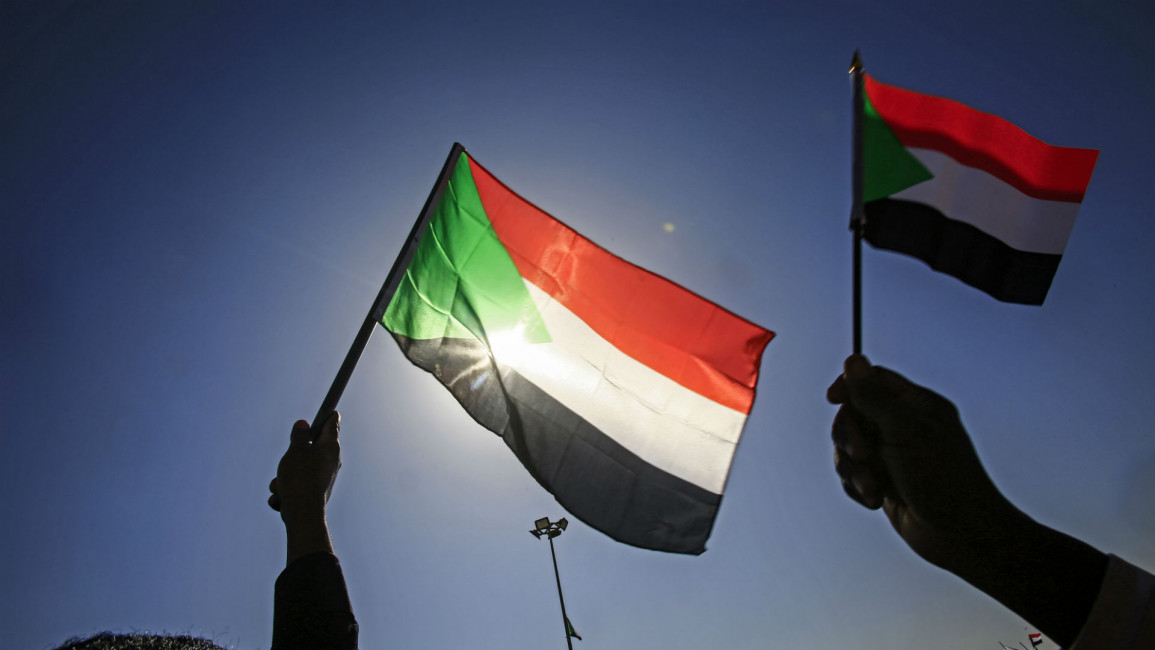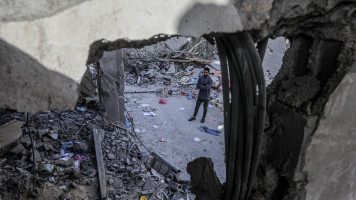Arab fund offers $300-mln loan to cash-starved Sudan
Sudan received a $300-million loan from the Arab Monetary Fund to tackle its foreign currency crisis, a key factor behind protests against President Omar al-Bashir's rule.
Growing anger over soaring food prices and Sudan's economic woes have triggered nationwide protests since December against Bashir's three-decade rule.
The finance ministry said it signed agreements with the pan-Arab AMF for two loans.
"One agreement is for a loan of $230 million and the second is a $70-million facility to buy strategic items," it said, without giving details.
The agreement was signed by Sudan's acting Finance Minister Mustafa Hoali and Abdulrahman al-Hamidy, head of the Abu Dhabi-based AMF.
Deadly protests erupted in Sudan on December 19 after a government decision to triple the price of bread.
The protests turned into widespread demonstrations against Bashir's rule on the back of mounting anger triggered by years-long economic crisis driven by high inflation and acute foreign currency shortages.
Officials say 31 people have died in protest-related violence so far, but Human Rights Watch has put the death toll at 51 including medics and children.
The economic crisis has deepened since the secession of South Sudan in 2011 that took along with it the bulk of oil earnings.
Protesters accuse Bashir's administration of mismanaging the economy and not having prepared for the effects of the secession.
On Friday, reports citing diplomats said Bashir developed a plan to end his rule and form a transitional government in order to quell the mass protests that have swept the country over the past three months.
Egyptian President Abdel Fattah al-Sisi met with Sudanese Vice President and Defence Minister Awad ibn Auf and National Intelligence Security Services (NISS) chief Salah Gosh and other Sudanese officials in Cairo to discuss the plan last Tuesday, Sudanese and Egyptian diplomatic sources told The New Arab's Arabic service.
"The vision put forward by Bashir is welcomed by Egypt, because Cairo does not want any security disturbances on its southern border," said an Egyptian diplomatic source.
The plan includes assurances that Bashir will not run for president again in elections after constitutional amendments are made, the sources said.
Bashir and other Sudanese regime officials have previously said no new government would be formed until the country's planned 2020 elections. This was in response to protesters' demands that the president step down and allow the formation of a transitional government.
Bashir and other Sudanese officials blame a decades-old trade embargo imposed by the United States on Sudan in 1997.
The United States lifted the embargo in October 2017, but the much awaited economic recovery has still failed to materialise.
Washington, however, has kept Sudan in its list of state sponsors of terrorism, which Sudanese officials say makes international investors wary of doing business with the east African country.
Follow us on Twitter: @The_NewArab



